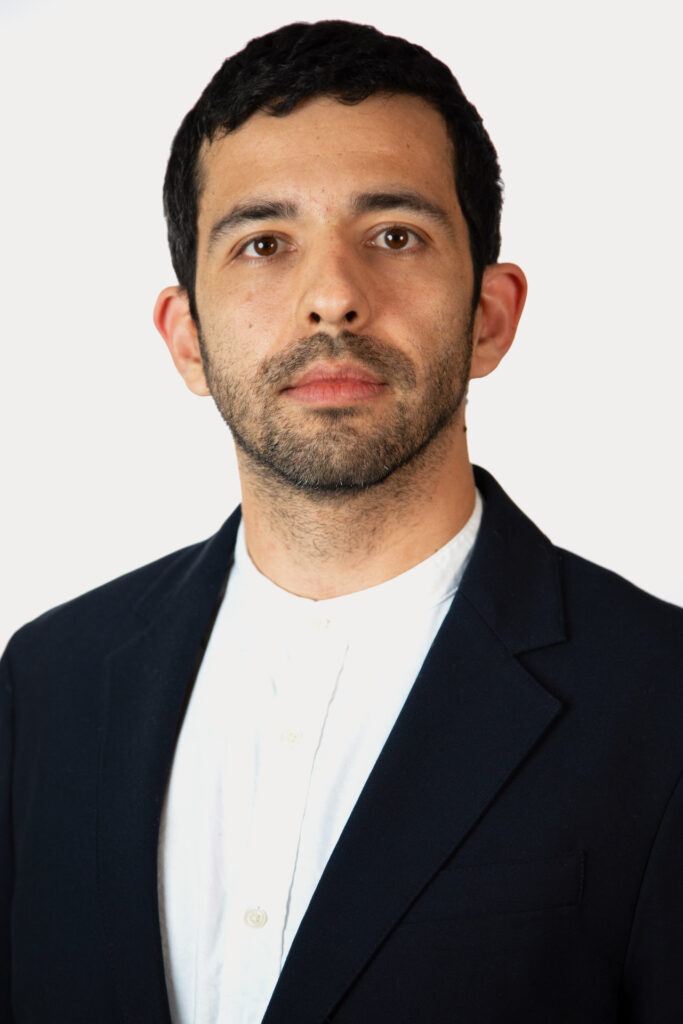-
You Don’t Look Like a Lawyer
Dr. Tsedale Melaku, Baruch College, City University of New York

This talk will highlight the often-hidden mechanisms elite law firms utilize to perpetuate and maintain a dominant white male system. By weaving the narratives with a critical race analysis, it exposes this exclusive elite environment, demonstrating the rawness and reality of Black women’s experiences in white spaces. This framework allows us to hear the voices of Black women as they tell their stories and perspectives on working in a highly competitive, racialized, and gendered environment, and the impact it has on their advancement and beyond.
Tsedale M. Melaku is a Sociologist, Assistant Professor of Management at the Zicklin School of Business, Baruch College (CUNY), and author of You Don’t Look Like a Lawyer: Black Women and Systemic Gendered Racism, which reflects the emphasis of her scholarly interests on race, gender, class, workplace inequities, intersectionality, and organizations. Dr. Melaku’s work has been featured in various outlets, including the Harvard Business Review, New York Times, The Washington Post, Bloomberg Law, The Boston Globe, and Fortune, as well as peer-reviewed journals. Her interdisciplinary research on women in the workplace unites three strands of significant sociological and management inquiry: diversity in the workplace, women in leadership positions, and the impact of systemic racism on advancement opportunities. Dr. Melaku is working on her second book, The Handbook on Workplace Diversity and Stratification, while also researching the impact of race and gender on the experiences of various marginalized groups in the workplace. To learn more follow her on Twitter, @TsedaleMelaku, or visit her website, www.tsedalemelaku.com.
March 1, 2023
Wednesday, 12:00pm
Zoom Meeting
Meeting ID: 946 2546 0029If you cannot join with video, you can connect to the Zoom session via phone: 1–346–248–7799
-
Violence Against Social Activism and the Rise of Criminal Politicians in Colombia
Dr. Camilo Nieto-Matiz, University of Texas at San Antonio

In civil conflicts, violence is instrumentally used to govern populations, sanction certain behaviors, and preserve the status quo. Can selective assassinations affect the quality of democracy in the long term? This paper argues that violence against social and political activism facilitates the rise of criminal politicians in the long run by destroying local communities’ organizational capital and ability to form a political opposition. By focusing on the cycle of mobilization and subsequent violence during 1980’s Colombia, I find that towns exposed to higher levels of violence against political activists and social leaders in the eighties were more likely to witness the rise of politicians allied with paramilitary groups in the 2000s. In exploring the effects of violence on affected communities, I find that municipalities with higher levels of selective violence experienced less social protest and higher displacement of the population prior to the 2000s. This paper stresses the critical role of social leaders for democracy and underscores selective assassinations as a contributing factor in the entry of low-quality politicians.
February 15, 2023
Wednesday, 12:00pm
Zoom Meeting
Meeting ID: 965 0834 1773
Passcode: 517823If you cannot join with video, you can connect to the Zoom session via phone: 1–346–248–7799
-
Corporate Social Performance in the Face of Institutional De-Prioritization of Sustainability Policies
Dr. Debtanu Lahiri, Nova School of Business and Economics, Lisbon

The study examines firms’ response to sudden changes in the institutional environment, whereby the rules and regulations pertaining to the adoption of socially responsible practices is considerably muted. Using Trump’s victory in the 2016 US Presidential Elections as an exogenous event that led to ‘institutional de-prioritization’ of sustainability policies, this study reveals that US firms proactively improved their corporate social performance in response, so as to shield themselves against the potential consequences of the burden of de-legitimacy. This improvement was significantly lower for firms having no ideological predispositions since they are likely to be less constrained by socio-normative expectations. Theoretically, this study uses both the insurance-risk view and the corporate culture view to arrive at a nuanced understanding of firms’ motivation for adopting CSR practices.
Debtanu’s interests are corporate political activity, social activism, corporate social responsibility, geo-politics and global strategy, areas referred to as institutional strategy or non-market strategy. He earned his doctorate in Strategy and Business Policy from HEC Paris. Debantu was born and raised in India, where he obtained a Bachelors’ degree in Civil Engineering and a Masters’ in Human Resource Management.
January 25, 2023
Wednesday, 12:00pm
Zoom Meeting
Meeting ID: 987 6892 4948
Passcode: 420900If you cannot join with video, you can connect to the Zoom session via phone: 1–346–248–7799
